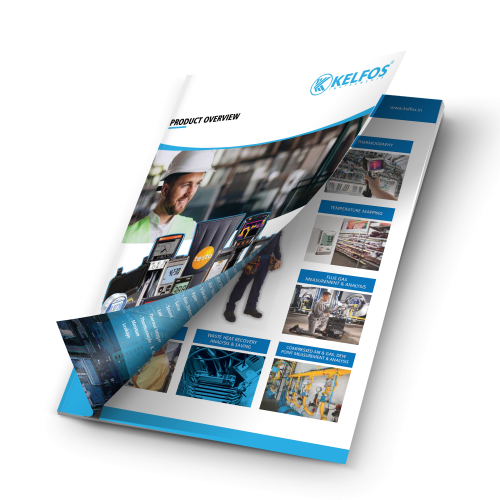Machine Building & Automation
Machine Building and Automation
Engineering, preliminary research, machine engineering, process engineering, software, automation, process automation, machine building, testing & inspection, promotion & inspection, production, and assembly. Development, concept development, process optimisation, project management, simulation autoform, feasibility study, method planning, engineering.
This client manufactures and retails construction hardware, including fretting, window stops, window closures, hinges and access control.
The client came to SSEB with a query about the shaft, which is a component of one of their window stops. Previously, this 3-meter-long shaft required physical labour to size, flatten, and drill a hole in it.
Development, design and machine construction
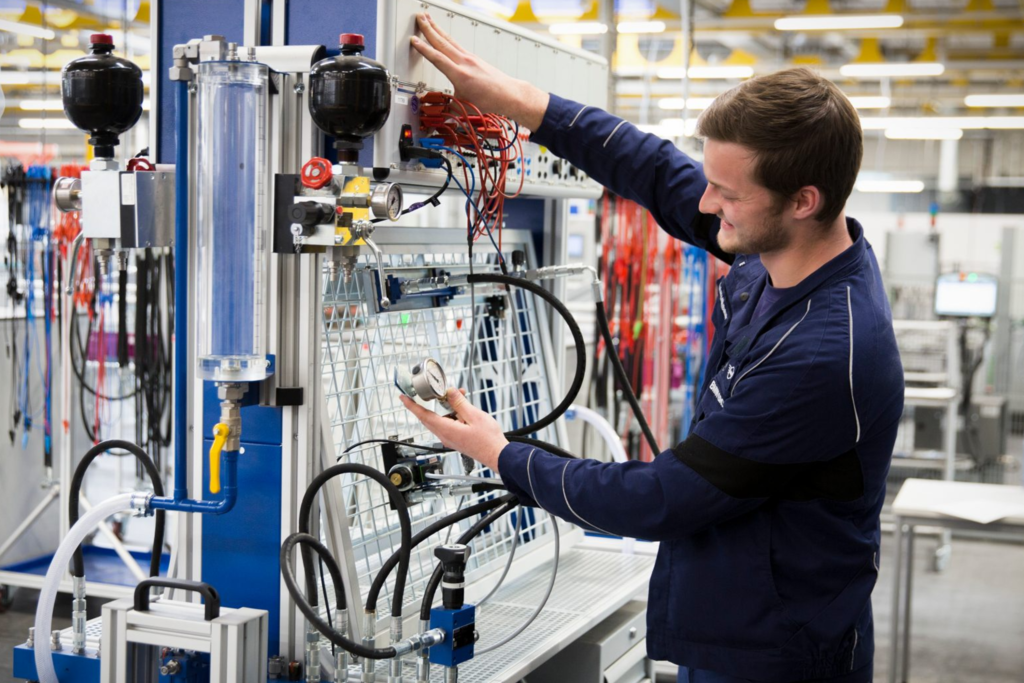
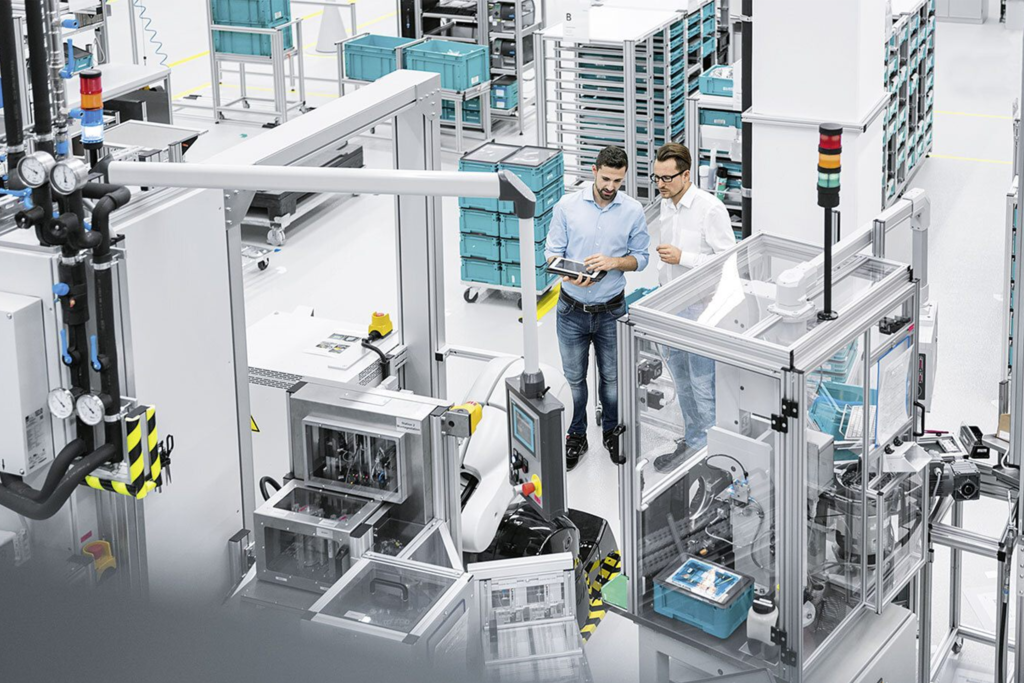
You can complete numerous tasks simultaneously in an automated manufacturing cell, making it simple for you to switch from one product or task to another.Industrial automation is the use of robotics and computer software to enable autonomous systems to control equipment and procedures used in a variety of industries.When talking about developing technology for industrial automation, common themes include digital transformation, the Industrial Internet of Things (IIOT), and Industry 4.0. How can you, as a manufacturer or machine builder, turn these ideas into practical answers that could improve your current automation procedures? Marketing manager at Murrelektronik UK, Korina Parker, considers practical responses to these developments that are quick to implement and offer long-term benefits.
Machine builders can help manufacturers protect against cyber hacks
The hazards associated with utilising complicated software for automation and how machine designers might reduce these risks are examined by Stephen Hayes, managing director at automation and control technology expert Beckhoff UK.
The importance of cyber security in the manufacturing sector is rising along with the use of technology and communication. Due to the growth of the Industrial Internet of Things (IIoT), factories are more susceptible to cyber assaults that could lead to employee bodily damage, data breaches, and production interruptions.
The industrial manufacturing sector, which accounted for 10% of all occurrences, had the second-highest number of cyber security incidents in 2020, according to a report by IBM.
Automation is the technology that allows a process or procedure to be carried out with little help from humans. Automation, often known as automatic control, is the use of various control systems to run processes and equipment in factories.
Why Industrial Automation
Through more effective production control, industrial automation increases production rate. By drastically cutting product processing time and improving product quality, it aids in bulk production. As a result, a given labour input generates a lot of results.The necessity for manual process parameter checks can be entirely eliminated by automation. Industrial processes use automation technology to alter process variables automatically to define values utilising closed-loop control methods. Industrial automation lessens the operating process complexity. By replacing it with automated equipment that operate in dangerous environments, industrial automation lowers the level of personal safety.
Applications
Fixed Automation
In fixed automation, the equipment parameters determine the order of the processing steps. The merging and coordination of numerous processes into one piece of equipment makes the system more sophisticated. Each activity in a fixed or hard automation sequence is typically straightforward. High initial investment costs and high output rates define this sort of automation.
Our expertise in the field
Today’s industry competition calls for genuine goods of great quality that are priced competitively. Many sectors are contemplating various new product designs and new integrated manufacturing techniques to address this challenge.
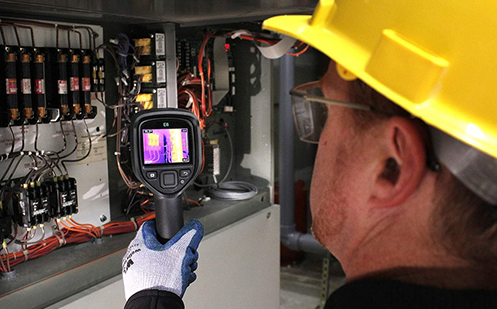
Programmable Automation
This automation is especially suitable for batch manufacturing processes with medium to high output volumes. It is challenging to adapt the system to a new product or set of procedures. Programmable automation is exemplified by numerically controlled machinery, steel rolling mills, paper mills, and industrial robots.
Our expertise in the field
Today’s industry competition calls for genuine goods of great quality that are priced competitively. Many sectors are contemplating various new product designs and new integrated manufacturing techniques to address this challenge.
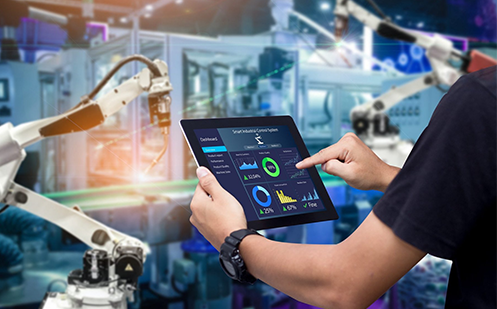
Flexible Automation
A system that can produce a variety of products with little to no time for product modifications is referred to be flexible or soft automated. Fully programmable automation characterizes it. When the automation system is reprogrammed and the physical specifications of the product are altered, no manufacturing time is lost.
Our expertise in the field
Today’s industry competition calls for genuine goods of great quality that are priced competitively. Many sectors are contemplating various new product designs and new integrated manufacturing techniques to address this challenge.

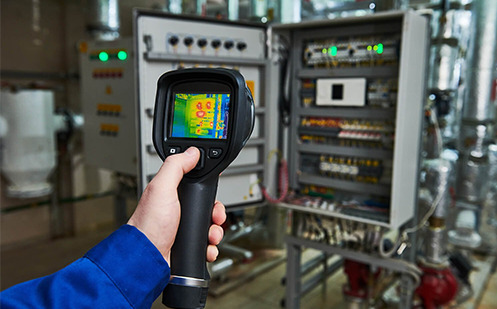
Kefos-Your partner in all areas of machine building
Kelfos supports companies in general machine structure with instrumentation results and services for pressure, temperature, position and inflow dimension. Through long- standing and close cooperation with machine- structure companies for a wide range of artificial sectors, the day-to- day, sedulity-specific challenges are well known to us. In the breadth and depth of its range, Kelfos offers an outstanding selection of dimension results. Thus element manufacturers and also ministry and outfit manufacturers always find the optimum result for their specific demands within the following corridor
Need a Consultation? Contact Us 24/7
Innovative Test & Measurement Solutions for Market Leadership



